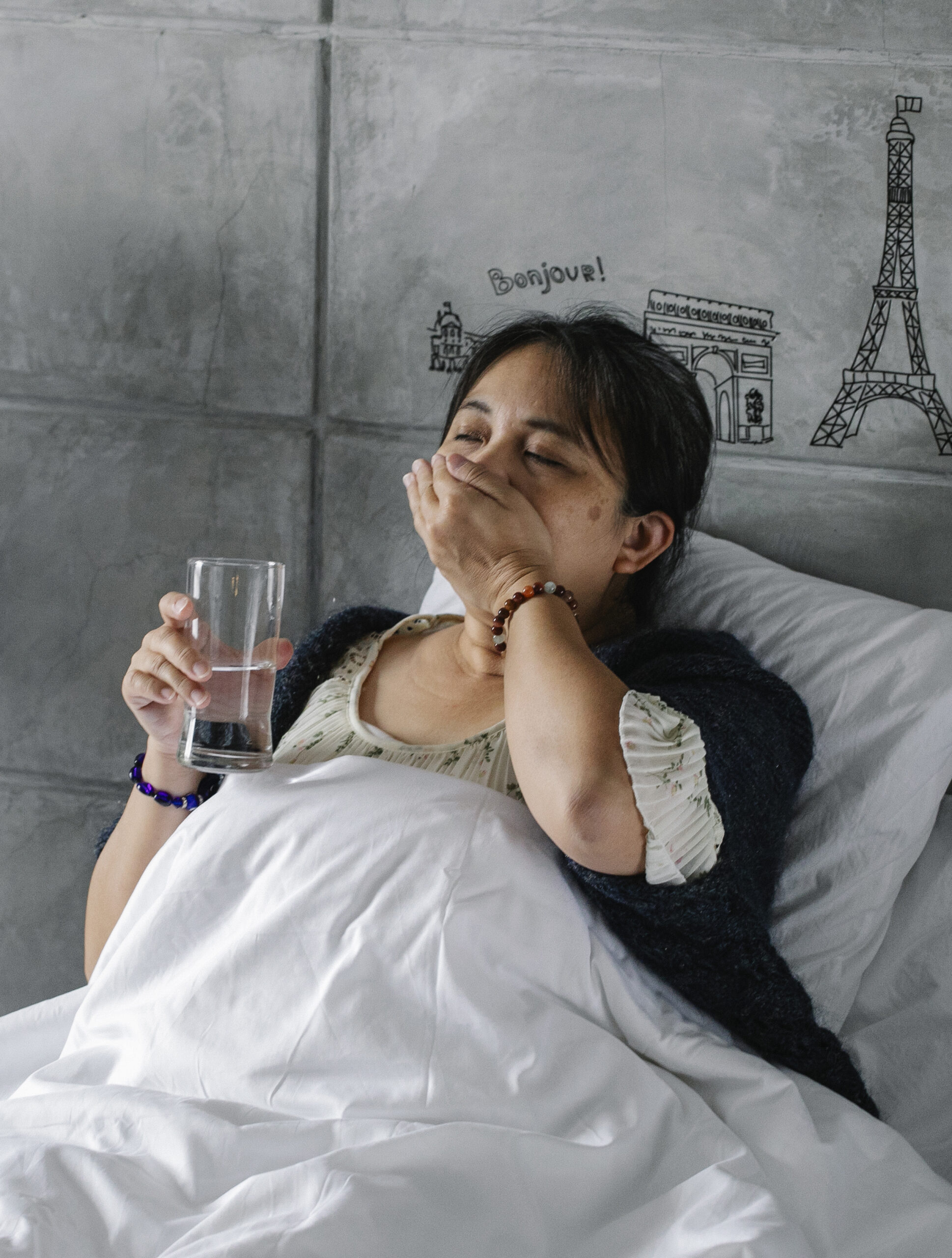How is whooping cough treated?
Title: Treating Whooping Cough: An Essential Guide
Introduction
Whooping cough, also known as pertussis, is a highly contagious respiratory infection that can cause severe coughing fits. This contagious disease can be particularly dangerous for infants and young children, but it can also affect people of all ages. In this blog, we will discuss how whooping cough is treated and what you can do to manage symptoms and promote a speedy recovery.
1. Seek Medical Attention
If you suspect that you or your loved one may have whooping cough, it is vital to seek medical attention promptly. A healthcare professional will perform a thorough examination and may recommend specific diagnostic tests, such as a nasopharyngeal swab or a blood test, to confirm the diagnosis.
2. Antibiotics
Once diagnosed with whooping cough, antibiotics are often prescribed to reduce the severity and duration of the illness. Early treatment is key to prevent further spread of the infection. Commonly prescribed antibiotics for whooping cough include azithromycin, erythromycin, or clarithromycin. These medications work by killing the bacteria causing the infection.
3. Supporting Home Remedies
In addition to antibiotic treatment, there are several self-care measures and home remedies that can help alleviate symptoms and promote recovery:
– Rest: Make sure to get plenty of rest and avoid physical exertion to allow your body to heal.
– Hydration: Stay hydrated by drinking plenty of fluids such as water, herbal teas, and clear broths. This will help soothe the throat and thin mucus secretions.
– Humidifier: Using a humidifier or spending time in a steamy bathroom can help relieve coughing and congestion by moistening the airways.
– Honey: For individuals over the age of one, consuming honey may provide some relief from coughing. It can be added to warm tea or taken directly in small doses.
– Avoid Triggers: Identify and avoid any triggers that may worsen your cough, such as smoke, dust, or strong odors.
4. Vaccination
Prevention is always better than cure. Ensuring that you and your family are up to date with the whooping cough vaccine can significantly reduce the risk of contracting or spreading the infection. Vaccination is particularly crucial for infants and young children, pregnant women, and anyone who will be in close contact with newborns.
5. Isolation and Prevention
To prevent the spread of whooping cough, it is essential to practice good hygiene and take necessary precautions:
– Isolate yourself or your child if diagnosed with whooping cough until at least five days of antibiotic treatment have been completed.
– Cover your mouth and nose with a tissue or your elbow when sneezing or coughing, and dispose of used tissues properly.
– Wash your hands frequently with soap and water for at least 20 seconds, especially after coughing, sneezing, or using the restroom.
– Encourage others to practice good hygiene and get vaccinated, particularly those in close contact with infants.
Conclusion
While whooping cough can be a challenging illness, prompt medical attention, appropriate antibiotic treatment, and supportive self-care measures can help manage symptoms and promote a quicker recovery. Vaccination and practicing good hygiene are vital steps in preventing the spread of this contagious infection. Remember, if you or your loved ones exhibit symptoms of whooping cough, seek medical attention to receive the necessary care and prevent further transmission of this respiratory illness.




Découvrez les meilleurs casinos en ligne classés de 2025. Comparez les bonus, les sélections de jeux et la fiabilité des principales plateformes pour un jeu sécurisé et gratifiantcasino crypto